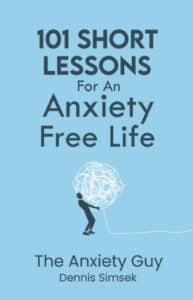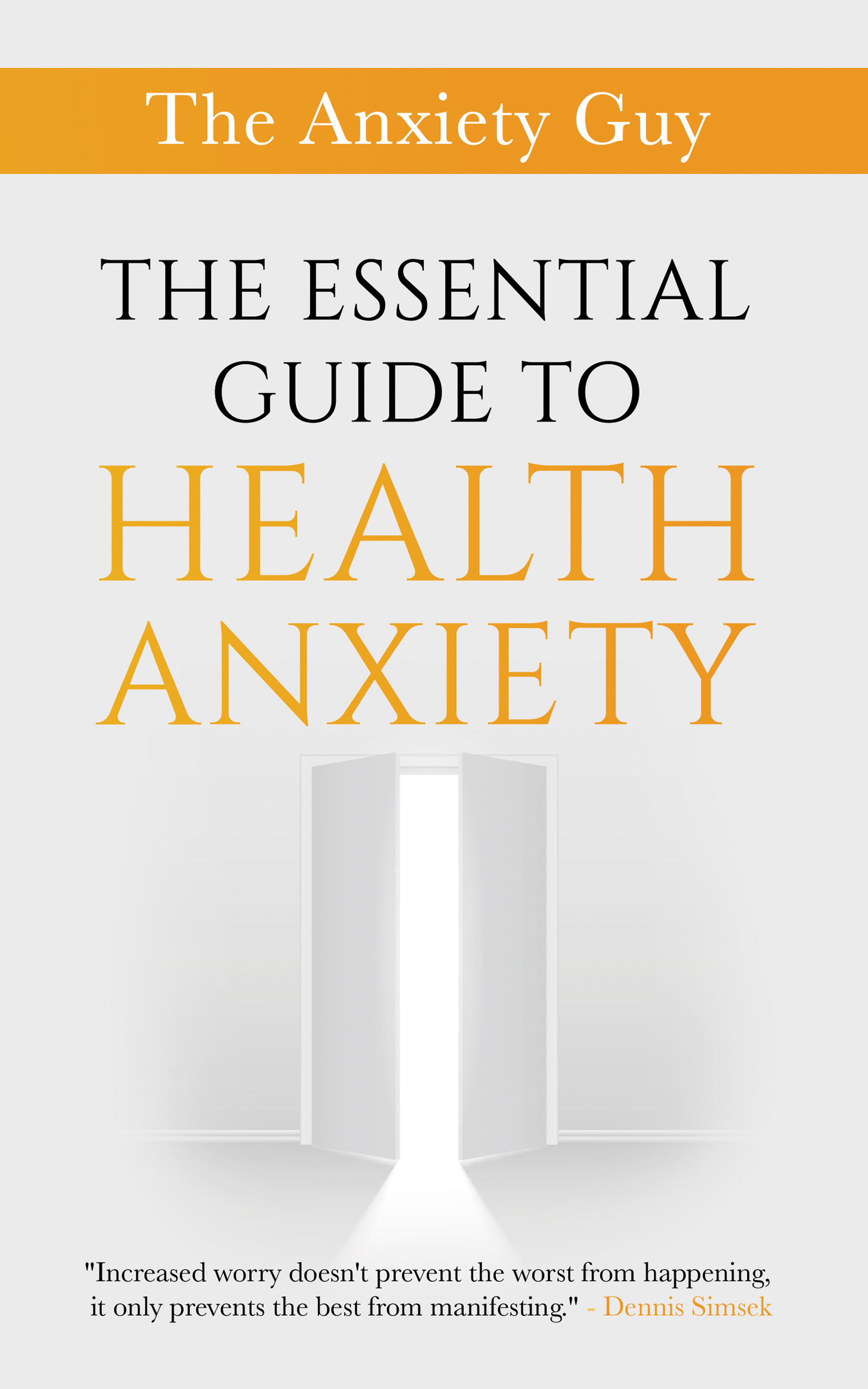“One Day Or Day One, You Decide.”
Help For Anxiety-In 2004, the rate of usage of psychiatric treatment was reviewed across 37 studies by the WHO/World Health Organization. It then published a report which revealed that the percentage of individuals with mental health issues who never get any medical treatment ranges between 30 to 80 percent.
Other research work has shown that only 1 in every 4 anxiety sufferers seek help for their condition. Now, the pertinent and most obvious question to ask is why don’t mental health sufferers seek treatment and help for anxiety? Below are some of the most common reasons which prevent anxiety sufferers from getting the much needed help for anxiety.

1. Shame and Fear
One of the main reasons why anxiety sufferers don’t seek help is due to shame and fear. Individuals are aware of the discrimination and negative social stigma attached to having a mental condition. They do not desire to get labeled as ‘crazy’ or ‘mentally challenged.’ Additionally, they may also be concerned about how such labeling can result in a negative impact on their education, career, and other ambitions and goals in life.
2. Lack of trust
The process of telling a “stranger” about different problems experienced by a sufferer can be quite difficult. Most are often concerned about revealing personal information to coaches, counsellors, or physicians. Anxiety sufferers also worry that the information provided by them to their doctors will not remain confidential.
3. Lack of awareness
Some anxiety sufferers may recognize the fact that they have mental and emotional challenges. However, they may fail to realize that the mental/emotional concern could be an actual physical issue that could be easily handled and therefore end the symptoms of anxiety all together. The issues may get minimized or dismissed by the sufferers with statements like ‘I don’t have really bad issues’ or ‘stress is a part of everyday life.’
4. Limited insight
People who have clear symptoms of anxiety but continue to state that they are not too problematic and do not require help for anxiety, are considered to lack deep insight. The condition of limited insight is called anosognosia and is observed in numerous individuals with severe mental conditions. Since such individuals do not think that they are deeply challenged, they do not accept the need for help, nor seek it.
5. Feelings of insufficiency
Several anxiety sufferers think they will be regarded as being failures or inadequate if they accept the fact that they have mental health problems. They may think that they should be able to deal with their problems on their own without any help from others. Additionally, they may consider seeking assistance from others as an act of weakness or inferiority
6. Lack of hope
Some anxiety sufferers may become hopeless and demoralized by the toll that their mental problems take on them. They may end up believing that there is no chance of them getting better and that no medications or therapies can treat their mental health issues. Such hopelessness can itself arise from the underlying depression or anxiety, resulting in a vicious circle that prevents them from seeking help for anxiety.
If any of the above sound true in your life after some deep soul searching, it’s time you took a stand and began working towards positive changes in your life. This change work can come in the form of having a coach to lift you through emotional life challenges, therapy, help through mentor that has been in your anxious shoes, or a CBT based program.




















Thanks Robert — always loaded! ~Dave Dolbee